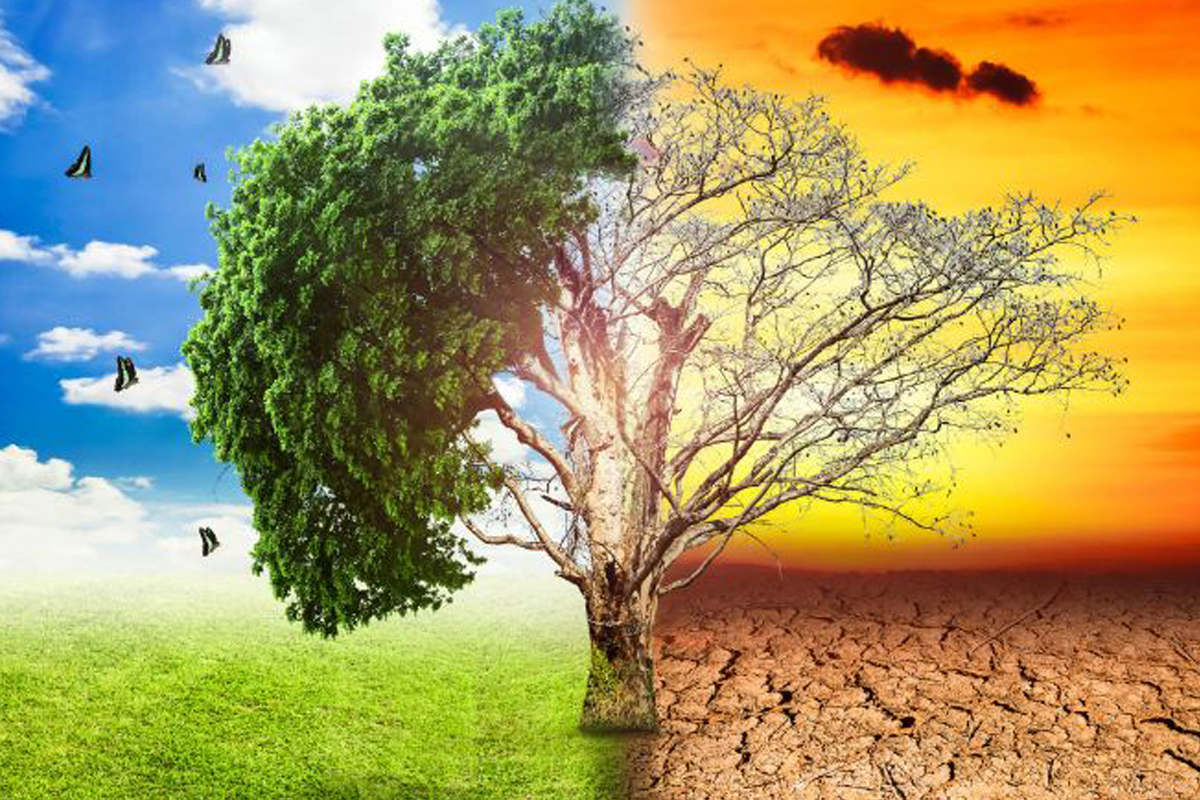Another warning
The recent catastrophic floods in Spain’s Valencia region serve as a stark reminder of the intensifying climate challenges facing Europe.
The alarm bells have been ringing for years and yet, as a global community, we have largely failed to heed their warnings.

Representation image
The alarm bells have been ringing for years and yet, as a global community, we have largely failed to heed their warnings. Month after month, we witness new climate records being shattered, underscoring the escalating crisis we face. The European Union’s climate-watching agency recently declared last month as the hottest May on record, marking a full year of unprecedented high temperatures. These records are not anomalies; they are the direct consequences of continued reliance on fossil fuels and the resulting greenhouse gas emissions. The urgency of the situation cannot be overstated.
The World Meteorological Organisation has projected nearly a onein-two chance that global temperatures from 2024 to 2028 will surpass the critical 1.5 degrees Celsius threshold agreed upon in the 2015 Paris Climate Accord. This benchmark was not chosen arbitrarily. It represents a tipping point beyond which the effects of climate change could become exponentially more severe and harder to reverse. In 2023, the levels of heat-trapping gases like carbon dioxide reached historic highs, with America’s National Oceanic and Atmospheric Administration reporting the thirdhighest increase in 65 years. The science is unequivocal: this planet is warming at an accelerating rate, driven predominantly by human activity. Despite clear evidence, global action remains insufficient, and the consequences are becoming increasingly dire. The human toll of this crisis is already apparent. This year alone, an intense heat wave across Asia forced school closures and resulted in numerous fatalities in countries such as the Philippines, Thailand, and India. These events are not isolated; they are part of a pattern of extreme weather becoming more frequent and severe. If we continue on this path, the impacts will only worsen.
Beyond 1.5 degrees of warming, we risk losing vital ecosystems, including coral reefs and Arctic sea ice, which are crucial to maintaining biodiversity and regulating the planet’s climate. What is particularly disheartening is that scientists have been predicting these trends for decades. The buildup of carbon dioxide and other greenhouse gases from burning fossil fuels has long been known to drive global warming. Yet, despite this knowledge, the world has been slow to transition away from fossil fuels towards more sustainable energy sources. While renewable energy adoption is increasing, it is not happening quickly enough to stave off the worst effects of climate change. We need a radical shift in how we approach this crisis. Phasing out fossil fuels must become an urgent priority. Governments, businesses, and individuals all have roles to play in reducing emissions and promoting renewable energy sources. Innovations in energy efficiency across all sectors ~ from how we heat our homes to how we produce goods ~ are crucial. The time for complacency is over. The climate crisis is not a distant threat; it is here, now, and it demands immediate action. If we fail to act, we will continue to break temperature records, experience more frequent and intense weather events, and witness the devastating impact on ecosystems and human life.
Advertisement
Advertisement